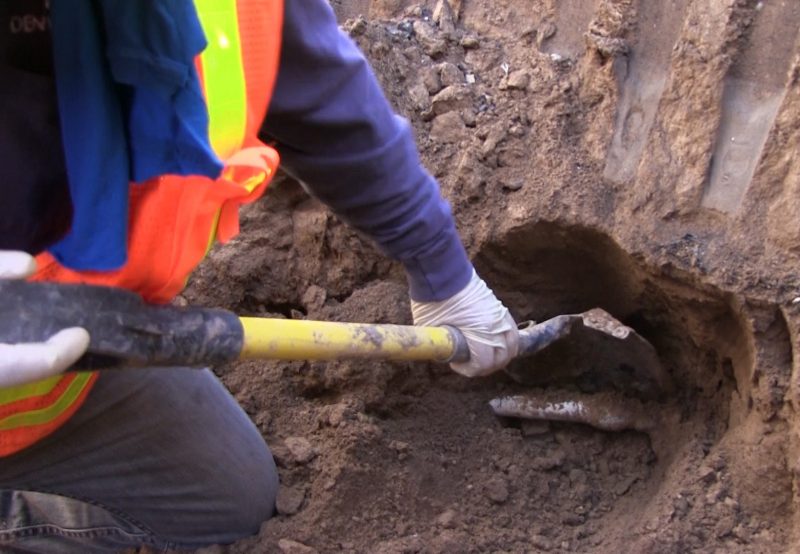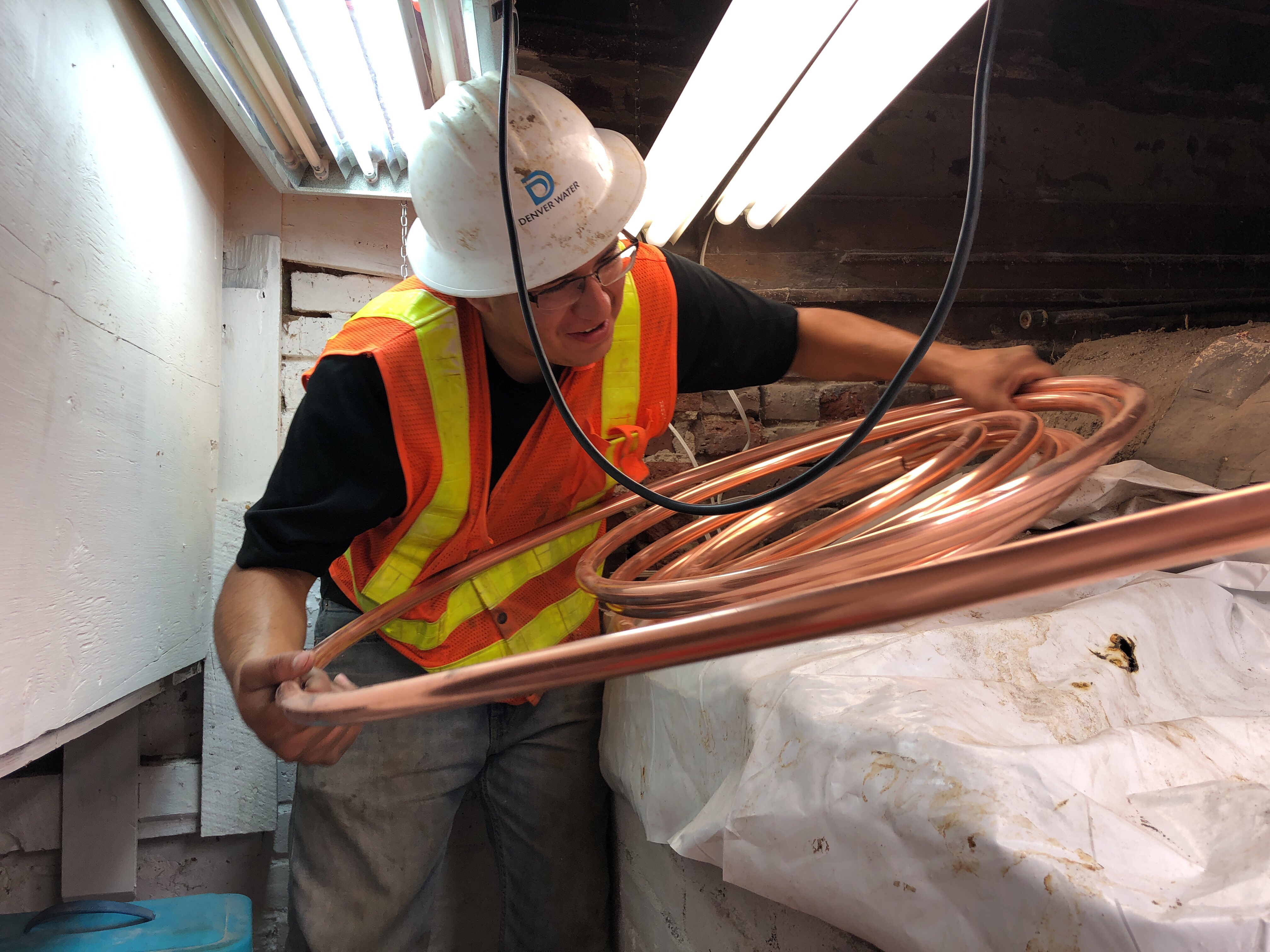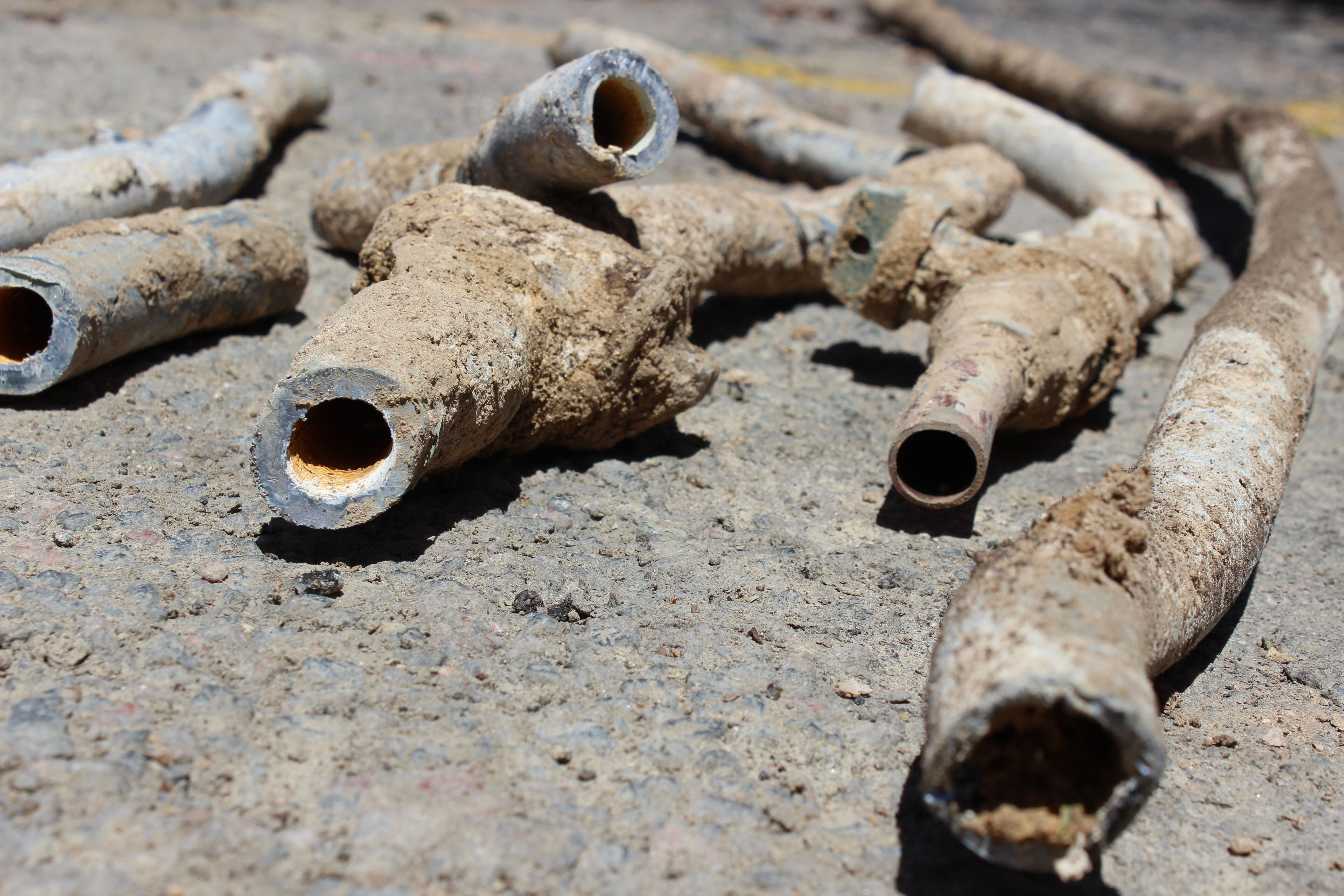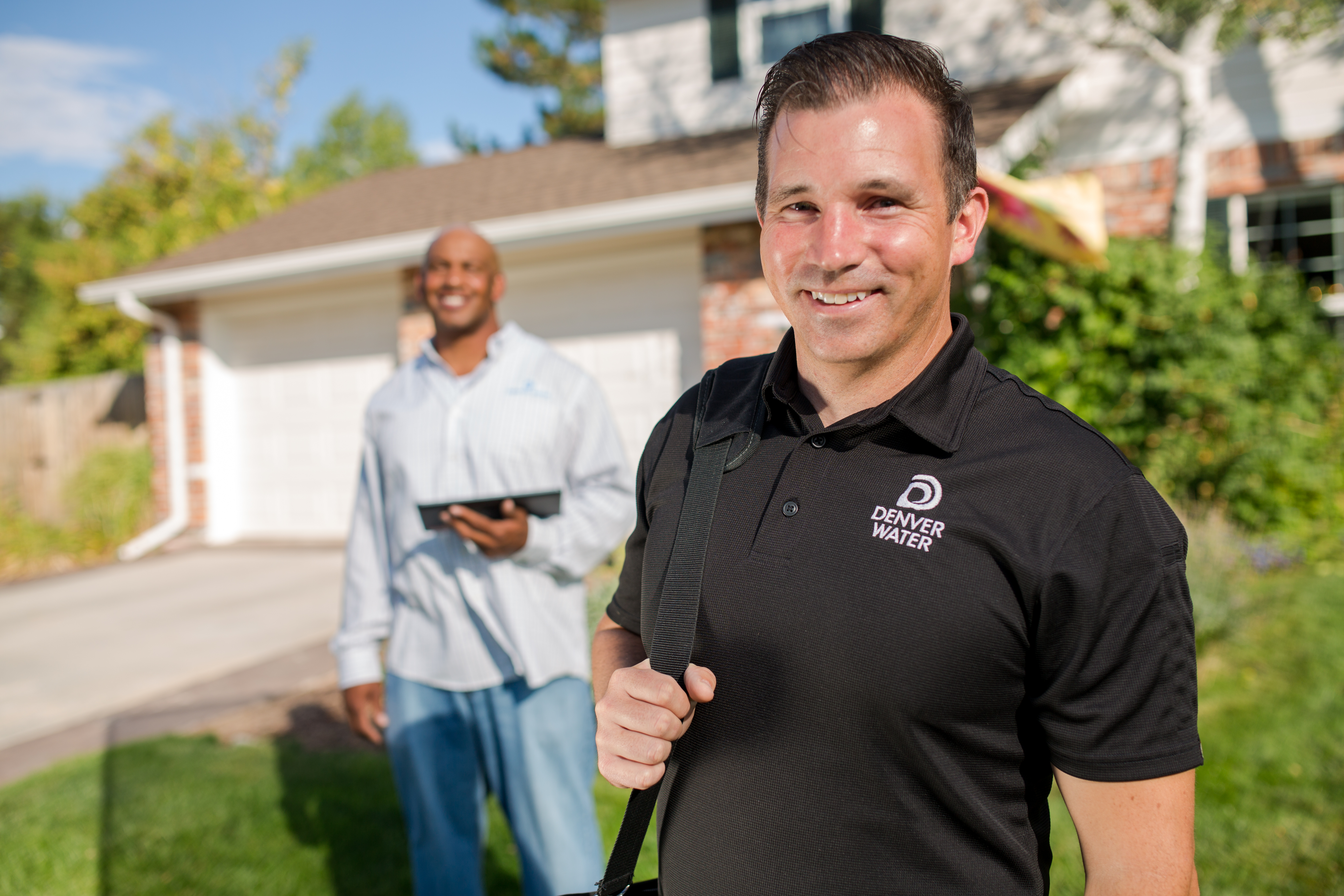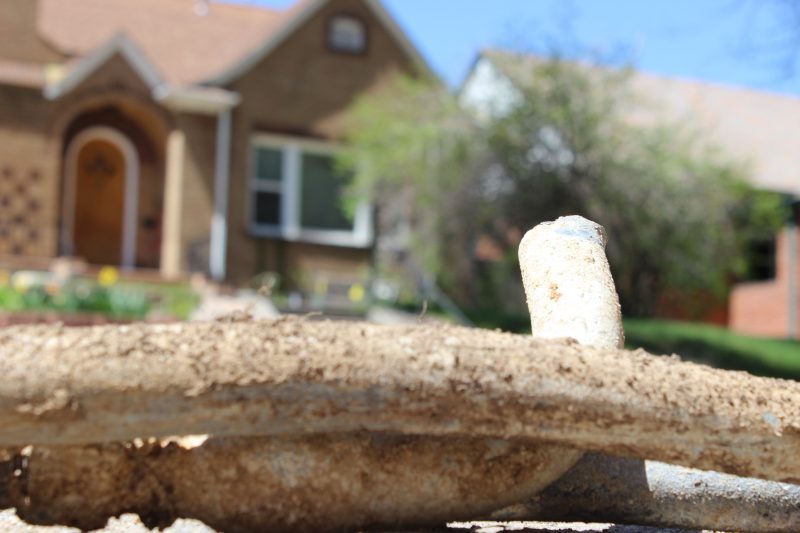
Denver Water gets approval to fast-track removal of lead service lines
In December, the Environmental Protection Agency and the Colorado Department of Public Health and Environment approved Denver Water’s proposal to develop and successfully launch its Lead Reduction Program over the next three years. The program will ultimately take 15 years to complete.
The water Denver Water delivers to 1.4 million people in the city and surrounding suburbs is lead-free. The program will reduce the likelihood of lead getting into the drinking water as it passes through lead-containing household plumbing and service lines that are owned by the customer.
“Delivering safe drinking water is Denver Water’s most important responsibility, and we welcome the opportunity to work with partners in our community and at the state and federal levels to protect public health and the environment from these old lead service lines,” said Denver Water CEO/Manager Jim Lochhead.
"Nothing is more important than protecting the health of our customers, especially children. This program will save several generations of children from potential lead exposure through drinking water. This program, an unprecedented undertaking for the U.S. water sector, puts Denver Water at the forefront of protecting public health. No other utility in the nation is taking this proactive and voluntary approach. We are literally setting a higher standard for the industry," he said.
Denver Water's staff is preparing to implement this holistic and comprehensive effort in the coming months.
"It took decades to bury these lead service lines in the community, under the Lead Reduction Program, Denver Water will get them out in 15 years to protect our customers and community,” Lochhead said.
During the first half of the 20th century in Denver, lead was a cheap, easy to work with and readily available material to use when forming small pipelines, called service lines, that carry drinking water from utility pipelines in the street into customers’ homes.
In Denver Water’s experience, homes built prior to 1951 in the metro area are more likely to have lead service lines. Read “Denver Water, state and federal agencies consider next steps on lead” to learn more about Denver Water’s evolving approach to this community issue.
As science has evolved over the last few decades, we’ve learned that these lead service lines pose a threat in the community, particularly to children, infants and pregnant women.
The EPA is giving Denver Water three years to develop and successfully initiate the 15-year program that aims to protect these groups, and the community at large, with five main components.
Here’s some of the work Denver Water staff is focusing on to successfully develop this program in early 2020:
Lead service line removals: Denver Water will replace all the lead service lines in its service area, at no direct cost to those customers, over the next 15 years.
- Denver Water is working to hire and train a workforce and contractors to replace an estimated 64,000 to 84,000 lead service lines in the Denver metro area.
- Staff is developing a plan of attack that prioritizes those who are most vulnerable and at risk of lead exposure, particularly infants and children.
- Areas with large numbers of facilities that serve these populations, such as schools and daycares, will be prioritized.
- Other factors that will influence prioritization are if an area has a high concentration of lead service lines or is an underserved neighborhood coupled with Denver Water’s ability to coordinate with other planned construction activity.
Filter program: Denver Water will provide free water filters certified to remove lead from drinking water to all customers who are known to have or suspected of having a lead service line until six months after the line is replaced.
- As part of a pilot program over the summer, Denver Water surveyed customers to better understand how they use water in their homes and used the filters provided in order to inform the full-scale program.
- Scientists and engineers have been testing many different certified filters to ensure Denver Water will include the best product as part of this program.
- Denver Water will oversee the direct mail distribution of filters to more than 100,000 customers. This program includes educating those customers on the proper use and maintenance of the filters and providing replacement cartridges for the filters on a regular basis.
Treatment adjustment: Beginning in March 2020, Denver Water will raise the pH level of the water to reduce the corrosivity of the water. This won’t affect the taste or odor of the water, but it will reduce the risk of lead getting into drinking water as it passes through lead-containing pipes and household plumbing.
- Even though Denver Water has been adjusting the pH of the water since the mid-1990s to help minimize the risk for those with lead plumbing, it is important to closely study potential system impacts that may occur when altering the chemistry of the water. To this end, Denver Water has been extensively testing and studying the best way to increase pH from 7.8 to 8.8.
Lead service line inventory: Denver Water will refine the existing neighborhood-level map of lead service lines to develop and maintain a publicly accessible inventory of all customer-owned lead service lines in Denver Water’s service area.
- Denver Water’s GIS experts have been collecting information scattered across property records, permit applications and internal data to refine the existing, neighborhood-level map of known and suspected lead service lines. Ultimately, there will be an interactive map indicating the likelihood of a lead service line at a specific address.
Communication and outreach: Denver Water will continue to communicate and educate customers about the issue of lead and the status of the program.
- A team of community specialists has been meeting with neighborhood groups and stakeholders to gain input on the ideas behind the program and what additional needs or concerns must be considered.
- For several years, Denver Water has talked about the issue of lead throughout our community and in a variety of ways, including at community events, via traditional and social media, customer newsletters and bill inserts and much more. Denver Water staff has discussed the issue with health officials and advocates, local elected officials and administrators, community leaders, school districts, water officials and others throughout the 335-square-mile service area.
- Denver Water is developing a multicultural communications program to ensure it is addressing the needs of our diverse community as part of the program implementation.
As the final details are being worked out and the program kicks off, there are things you can do in your home to protect yourself and your family if you’re at risk for lead plumbing in your home.
When using water for drinking, cooking and making ice, beverages and infant formula:
- Use cold water. Boiling water does not remove lead.
- If water has not been used in the home for a few hours, such as first thing in the morning or when getting home from work, run the kitchen or any bathroom faucet for five minutes. You also can run the dishwasher, take a shower or do a load of laundry to help flush water in your internal plumbing before drinking or cooking. This helps to move fresh water from the water delivery main in the street into your home.
- Consider purchasing a water filter, especially if you are pregnant or have children under age 6. Look for filters certified to remove lead by NSF International, which recently published a consumer guide on products for lead reduction.
Information about lead in drinking water and Denver Water’s Lead Reduction Program can be found at denverwater.org/Lead.


